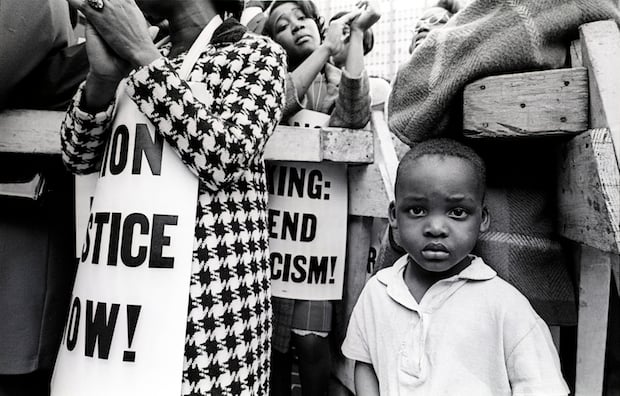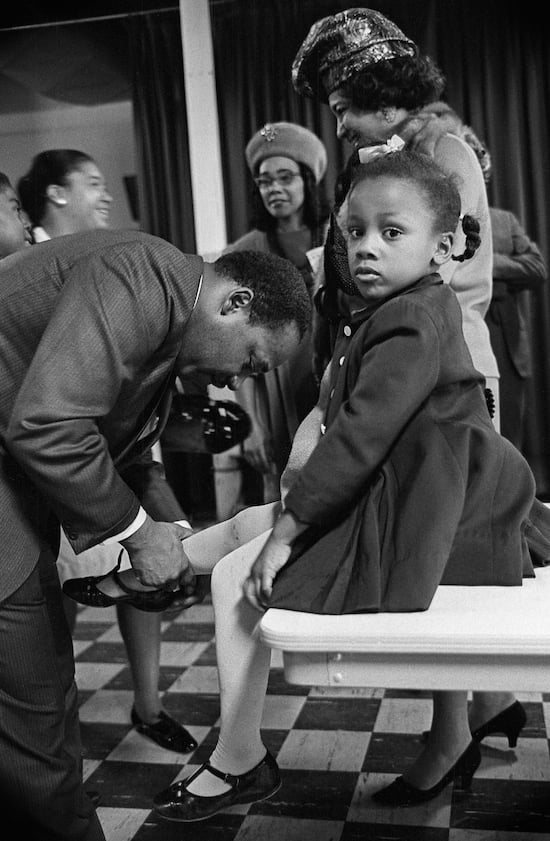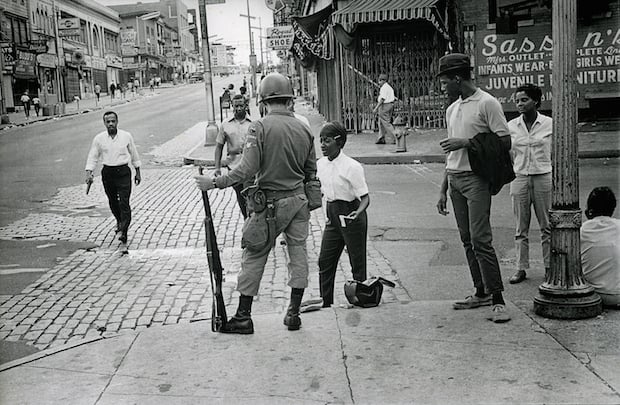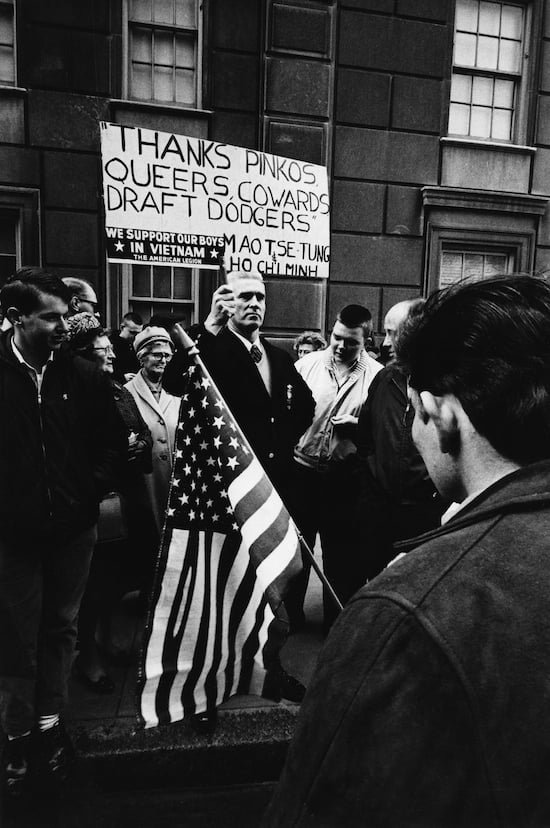Powerful Images of the 1960s by Benedict Fernandez Revealed in Bronx Exhibit

Puerto Rican and Italian photographer Benedict Fernandez‘ images from the 1960s are incredible… but you’ve probably never seen them before. Until recently, many of his powerful photographs remained tucked away in his archive.
Fortunately, that is all changing this month thanks to an exhibition at the Bronx Documentary Center.

The exhibit features vintage and never-before-seen work prints that Fernandez captured throughout the “Decade of Change,” and has served to bring this great photographer’s work into the mainstream consciousness.
In a world where much of the photography that garners widespread attention can be described as surreal or quirky, and is often helped along a great deal by digital manipulation of one form or another, Fernandez work is refreshingly powerful in its simplicity.

Using his trusty Leica, a wide angle lens and some Tri-X film (always Tri-X film), he chronicled one of the most tumultuous times in the United States’ history — a decade that began hopeful and ended with the country “limp[ing]… devastated by assassinations, divided over the Vietnam War, cities aflame in unrest.”
His photos are described as “brash and confrontational” by the Documentary Center, “the eye of a poet” married to “the hands of the crane operator he once had been.” But his contribution to photography goes beyond the work he created and into the realm of education, where he taught future Pulitzer Prize winner Ángel Franco, among many others.

If you’re fortunate enough to be in New York, the exhibit will be live at the Bronx Documentary Center until July 20th. And if you’d like to learn more about this man and his work, head over to Slate where David Rosenberg got a chance to sit down with Fernandez and find out more.
Image credits: All photographs by Benedict J. Fernandez, courtesy of the Bronx Documentary Center